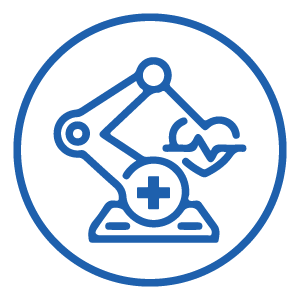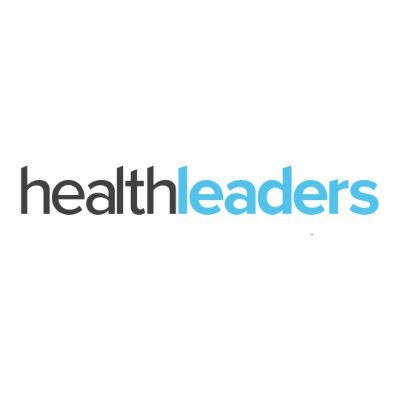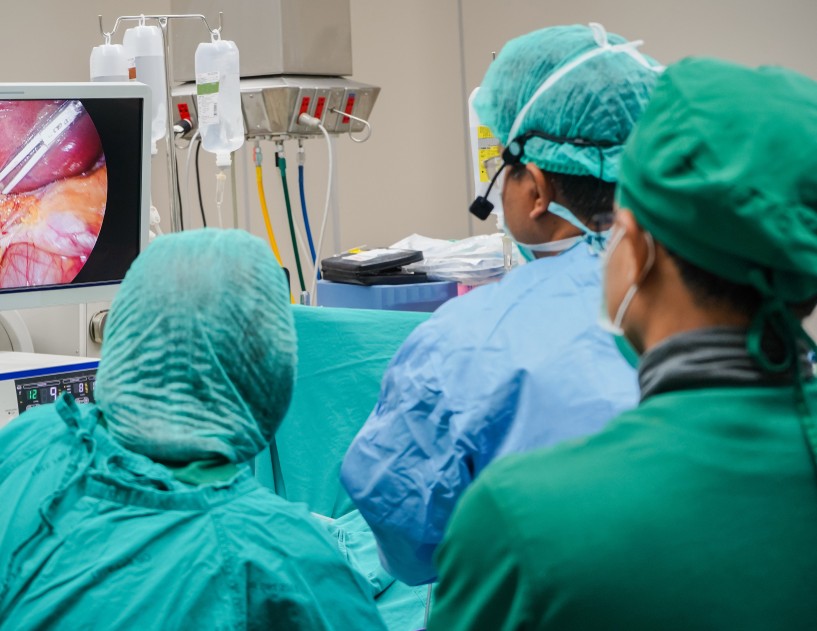 Supply Chain/Technology
Supply Chain/Technology
A closer look at how AI is changing surgery
A new article in ACS Bulletin, a publication from the American College of Surgeons (ACS), takes a deep dive into how the rapid adoption of artificial intelligence (AI) in healthcare settings is forcing the industry to “reimagine the future of surgery.” Dr. Lenworth Jacobs Jr., a professor of surgery at…
How can AI make your ASC more efficient and profitable?

Many ASCs are reluctant to explore technological upgrades for various legitimate reasons -- limited financial resources, limited staffing resources, a belief in their current way of doing things. That widespread skepticism and reluctance can be even more pronounced with regard to implementing and using artificial intelligence (AI) technology in the…
Guideline updates for energy-generating devices
Editor's Note AORN has updated its Guideline for the Safe Use of Surgical Energy Devices for 2026 to reflect technology updates for these devices, according to a December 4 AORN news story featuring update insights from lead author Renae Wright, DNP, RN, EBP-C, CNOR. The first major change discussed is…
Surgeon onboarding strategies help optimize supply chain decisions
Editor's Note Effective onboarding practices for new surgeons can set the tone for long term success in many ways, including with supply chain decisions. Surgeons often bring new preferences for products. Taking a proactive approach to prepare a surgeon as a partner in organizational supply chain decisions can help align…
Ambient AI reshapes nursing workflows and boosts patient interaction

Editor's Note Healthcare systems are finding that ambient AI built for doctors does not automatically translate to nursing care, HealthLeaders November 4 reports. However, Mercy for instance is piloting Microsoft’s Dragon Copilot AI for nursing and discovering that the nurse-patient encounter requires tailored design and training to capture accurate, useful…
Session: Automate to elevate—Streamlining pre-, postoperative processes for better outcomes in ASCs

Editor's Note Pairing short, human-led preoperative videos with structured postoperative texting streamlines workflows without sacrificing clinical touch at ambulatory surgery centers (ASCs), said Austin Cheng, CEO of Gramercy Surgery Center in New York City, and Tracy Hoeft-Hoffman, MSN, MBA, RN, CASC, administrator of Heartland Surgery Center in Nebraska, at the…
New patient tool for seeking quality care includes surgery

Editor's Note Mayo Clinic has released a free, digital tool requiring no account or subscription that allows anyone to investigate healthcare quality by city, care specialty, or hospital, an October 30 press release from the health system reports. The tool includes search capability for a range of specific surgical specialties,…
Charlotte surgical institute launches as US hub for robotic, minimally invasive training

Editor's Note A new medical training institute in Charlotte, North Carolina, is positioning itself as a major national destination for robotic and minimally invasive surgery education, Axios Charlotte October 29 reports. The North American headquarters of IRCAD (Institut de Recherche contre les Cancers de l’Appareil Digestif, or Research Institute Against…
Advances in ambient AI bring precision to OR performance

Pinpoint accuracy in surgical technique has advanced beyond what many ever thought possible. Unfortunately, such refinements have been slower to reach the perioperative business front. OR leaders often rely on vague metrics and educated guesses to guide their teams. Ambient artificial intelligence (AI) is changing that. When integrated with data…
Streamlining surgical workflow with better team communication

Effective communication is the foundation of patient safety in the modern surgical environment. Most surgical procedures depend on seamless collaboration among surgeons, nurses, surgical technologists, and anesthesiologists, and when communication breaks down, patient risk rises sharply. In 2024, the American College of Surgeons reported standardized surgical handoffs improved adherence to…

 Free Daily News
Free Daily News